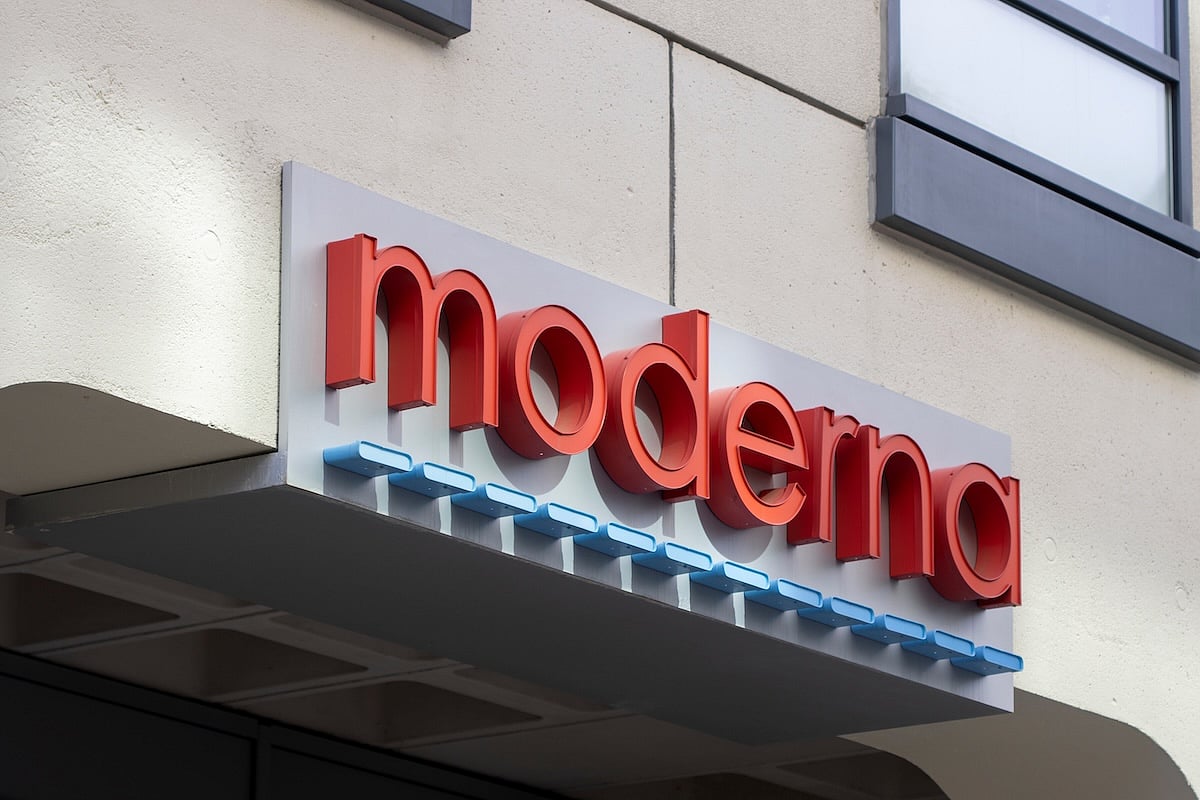Get Healthy!

- I. Edwards
- Posted May 29, 2025
U.S. Ends $600M Moderna Bird Flu Vaccine Contract
The U.S. government has canceled a $600 million contract with Moderna to develop a vaccine for bird flu and other dangerous flu strains, raising concern among experts.
The deal, forged under the Biden administration, aimed to prepare for future flu pandemics by funding Moderna’s work on a fast-acting vaccine using mRNA technology, STAT News reported.
Moderna had already started a Phase 1/2 trial of its bird flu (H5N1) vaccine and reported strong early results.
The company said nearly 98% of participants developed protective antibody levels three weeks after receiving two doses, STAT News added.
“While the termination of funding from HHS adds uncertainty, we are pleased by the robust immune response and safety profile observed in this interim analysis of the Phase 1/2 study of our H5 avian flu vaccine and we will explore alternative paths forward for the program,” Moderna CEO Stéphane Bancel said in a statement.
“These clinical data in pandemic influenza underscore the critical role mRNA technology has played as a countermeasure to emerging health threats,” he added.
But Andrew Nixon, U.S. Health and Human Services (HHS) communications director, told STAT News problems had emerged.
“After a rigorous review, we concluded that continued investment in Moderna’s H5N1 mRNA vaccine was not scientifically or ethically justifiable,” he said.
Nixon pointed to safety concerns with mRNA vaccines and said the government wouldn’t repeat what he described as mistakes made during COVID-19 vaccine efforts.
However, global data show that mRNA vaccines, including those used during the COVID pandemic, have been generally safe.
Some cases of heart inflammation (myocarditis) were seen in teen males, but the risk was also present after COVID infection itself. Those cases have since declined, the U.S. Centers for Disease Control and Prevention (CDC) reported last month.
“This is a huge mistake,” said Rick Bright, former head of the the Biomedical Advanced Research and Development Authority (BARDA), the agency that gave Moderna the funds.
"Much time, investment, and goodwill will be lost because of this short-sighted and politically charged decision,” he said.
Dr. Jesse Goodman, a former U.S. Food and Drug Administration (FDA) chief scientist, predicted drug companies will be wary of working with the U.S. government in the future.
“Unless there is a clear reason for terminating the funding, not only will we be left less prepared, potentially risking the lives of millions, but vaccine and other innovators will question the reliability of U.S. government investments and partnerships, and may think twice about engaging in public health efforts for which there is no clear reward in terms of a marketed product,” Goodman said.
The canceled funding was aimed at helping Moderna develop vaccines for flu strains that could trigger a pandemic — such as H5N1 and H7N9, STAT News reported.
The goal was to get these vaccines licensed and ready ahead of time so they could be quickly updated and produced in large quantities if needed. mRNA vaccines can be made much faster than traditional egg-based or cell-based vaccines.
“In a rapidly expanding pandemic, time matters. … The sooner the population is protected from a lethal virus the more lives that will be saved. Of its many features, what mRNA technology provided most is speed,” Dr. Bruce Gellin, a vaccine program director under two presidents, said.
“If we lose our capability to respond as quickly as we can, we will sadly be able to calculate those who died because we made a decision that speed wasn’t important,” he warned.
Currently, there are three licensed H5N1 vaccines made by other drug companies, STAT News said.
However, they use older methods and cannot produce doses as fast as Moderna’s mRNA approach.
Moderna, once valued at more than $215 billion, is now worth about $10 billion. The company’s stock has fallen 83% in the past year, according to STAT News.
Earlier this month, Moderna said it no longer expects to get approval for a combined COVID-19 and flu shot this year.
The company said it may continue developing the bird flu vaccine on its own.
More information
The U.S. Centers for Disease Control and Prevention has more on bird flu.
SOURCE: STAT News, May 28, 2025






